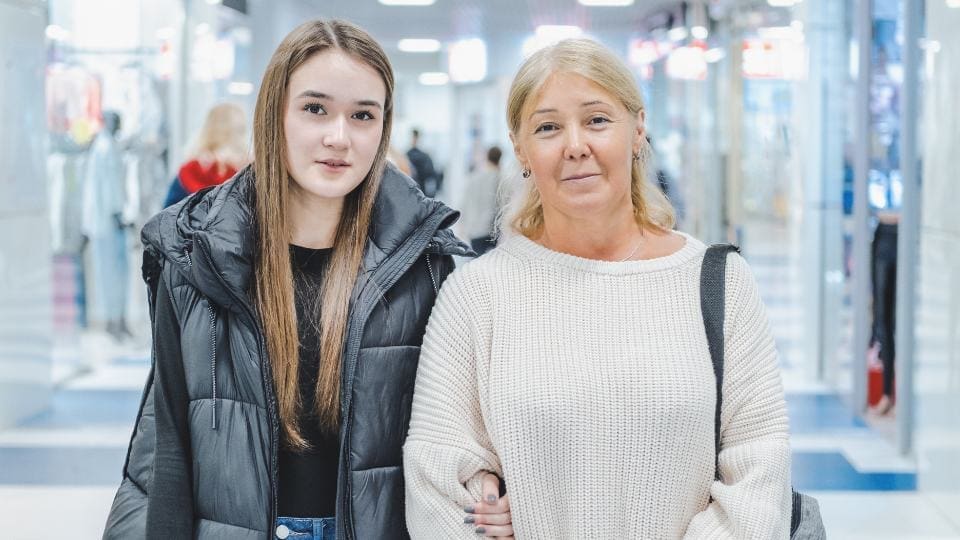Animals and dementia
Families talk about the effect animals have on loved ones with dementia, including reducing anxiety and improving mood and communication.

Information and support to help you live well with dementia – from keeping safe and dealing with stigma to assistive tech and communication tips.
Families talk about the effect animals have on loved ones with dementia, including reducing anxiety and improving mood and communication.
Aromatherapy is the use of aromatic plant extracts or essential oils to promote wellbeing through scent. It's not a replacement for medical treatment but may bring some comfort and calm to a person with dementia.

We know that train travel can be a stressful experience for people living with dementia. But support is available to make the journey easier.
A Blue Badge is a parking permit that allows people with disabilities or health conditions to park closer to their destination, often free of charge. If you or the person you care for have dementia, you may be able to get a Blue Badge.
When someone who drives receives a diagnosis of dementia, one of the first concerns often is whether they can continue to drive.

Information and advice on supporting a child or teenager whose parent has been diagnosed with dementia.
Many people with dementia have communication difficulties, but there are strategies to help them express themselves and maintain connections.
Our advice for communicating with a person who has dementia remotely – whether it's via a video call or on the telephone.
Many people with dementia are soothed and comforted by holding a doll or soft toy animal. Read our tips for trying ‘doll therapy'.
To help someone with dementia maintain their independence and good quality of life, it’s important to make the home safe and comfortable.

A diagnosis of young onset dementia often affects the person’s ability to work. Read how dementia may affect employment and how to manage the changes.
Everyone has their own unique life story and compiling a record of a person’s life can prompt reminiscence and help others understand them better.
For people with dementia, music can be a powerful way to trigger positive feelings and connect with other people.
We look at possible changes in relationships that may occur as a result of a partner’s dementia.
As a person’s dementia progresses, they may display changes in sexual behaviour. Read our advice to help understand and manage these changes.
Our specialist dementia nurses share advice on good habits for bedtime that can help a person with dementia sleep better.
Concerned about living alone with dementia? Learn about the support and adaptations that can help individuals maintain independence and quality of life.
Why do stigma and discrimination happen? What are the potential effects of stigma and discrimination? How can it be prevented or managed?
Admiral Nurse Mutsai Hove Bird writes about stigma and misconceptions around dementia in diverse communities.
There is lots of equipment available to help a person with dementia with daily living activities. Read how to choose the best products for the person you care for.
The ability of arts and dementia to help families stay together in the face of dementia has been recognised by our specialist dementia nurses and our list of film recommendations is focused around music, interactivity and simple plotlines.

Being kind to others helps to build connections and boosts mental wellbeing. We can show kindness to others in many different ways. Here are seven acts of kindness for someone living with dementia.

Our Admiral Nurses have put together a list of 12 Christmas tips so that you can enjoy the festivities whilst caring for someone with dementia.
The Herbert Protocol is a national scheme to help find a person with dementia who goes missing. Our dementia specialist Admiral Nurses explain what is involved.